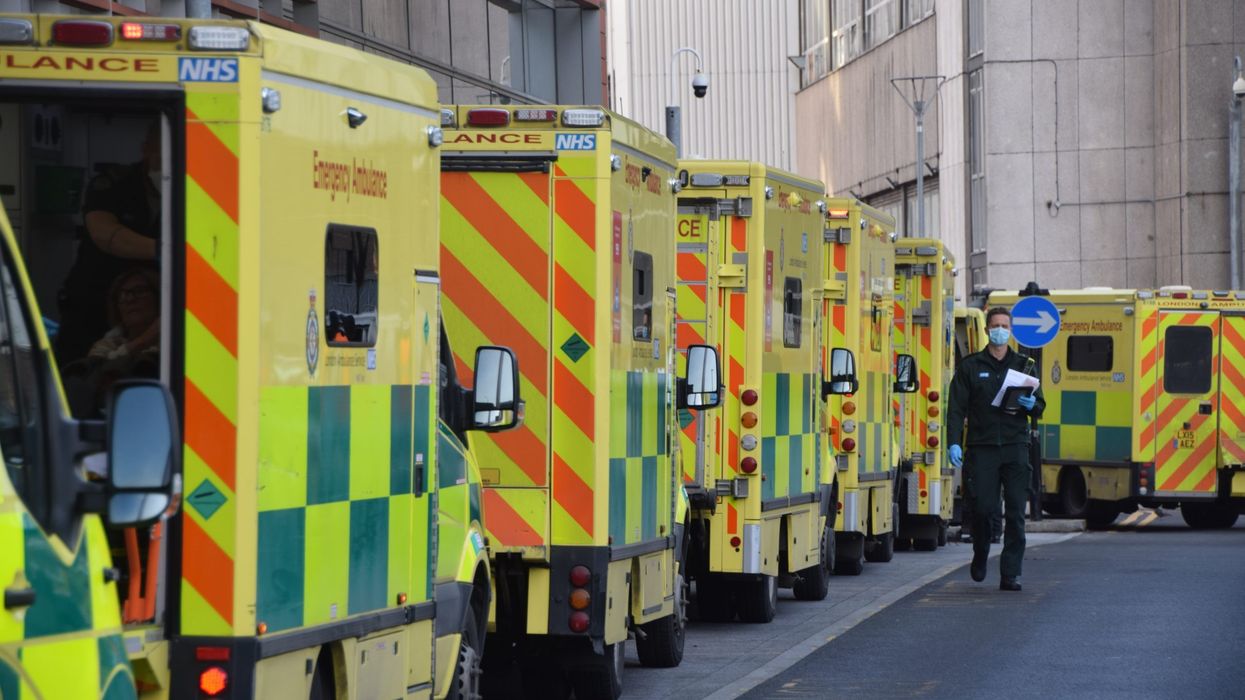The PDA said a recent Regional Committee meeting has discussed the impact of Covid-19 pandemic, staff shortages and an increase in reports of abuse and violence towards pharmacy teams, among other major issues.
The meeting highlighted the ongoing impact of the Covid-19 pandemic across all regions and sectors; particularly in the community sector, which has been the first face-to-face port of call for patients.
Many pharmacists across the UK have been crucial to the Covid-19 vaccination efforts, though in Scotland barriers prevented many pharmacists from being involved. Members have described this area of work as worthwhile and fulfilling, although it has been labour-intensive and the supply of lateral flow tests has been a tricky issue, with demand far outstripping supply at times.
Staffing issues have also been prevalent, with a shortage of staff in pharmacies made worse by the need for team members to self-isolate, sometimes with no replacement staff available which heightened the issue of pharmacy closures.
In hospitals, pharmacy teams are at the forefront of treating patients who are seriously ill. All of these factors have led to an increase of pressure on pharmacists at a time when the PDA has also seen an increase in reports of abuse and violence towards pharmacy teams. The PDA’s campaign on zero tolerance of abuse in pharmacies has been welcomed along with the accompanying risk assessment tools.
Northern Ireland
In Northern Ireland, the Omicron variant surge in the hospital pharmacy sector has left staffing at critical levels. The hospital discharge process had been impacted by recent action to decline new Medi-Dose patients by Community Pharmacy NI (CPNI), the body representing community pharmacy contractors throughout Northern Ireland. CPNI action had additionally impacted on GP Federations.
Scotland
In Scotland, issues of concern ranged from the cleanliness and standards in some community pharmacies to the influx of technicians into primary care roles. PDA members were concerned about burnt-out workforces and unrealistic expectations of what community pharmacists can deliver with bare minimum staffing levels that do not meet what the Scottish NHS contract demands. The PDA’s work monitoring and highlighting pharmacy closures was also discussed.
North and South East
The North and South East Regional Committees discussed the PDA Safer Pharmacies Charter and the results from the 2021 Safer Pharmacies Survey, which revealed an unacceptable decline in working conditions. Particular issues highlighted were around staffing levels, lack of rest breaks, and professional judgement.
In the North of England, members raised the need for pharmacists to have protected paid training time. This is due to continuing pressures being put on individuals to train for services in their own time for which providers and companies are paid.
In the South East region of England, the issue of training was discussed, with regards to accreditation around independent prescribing access and funding. Members talked about pay in the hospital sector being limited to trust-specific banding, encouraging more locums than permanent staff in this sector.
Wales and West
In Wales and the West of England, members discussed concerns around community pharmacy closures, increasing the workload to surrounding pharmacies, as well as the impact on pharmacist members of pharmacy technicians being made redundant. In the primary care sector, there was uncertainty around pharmacists’ job roles, especially if they are not a prescriber, and what training is available to this sector in Wales.











